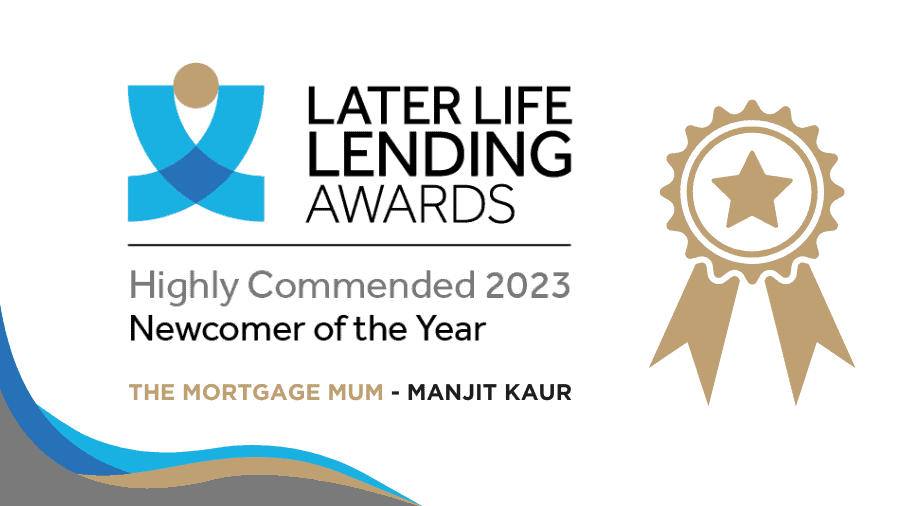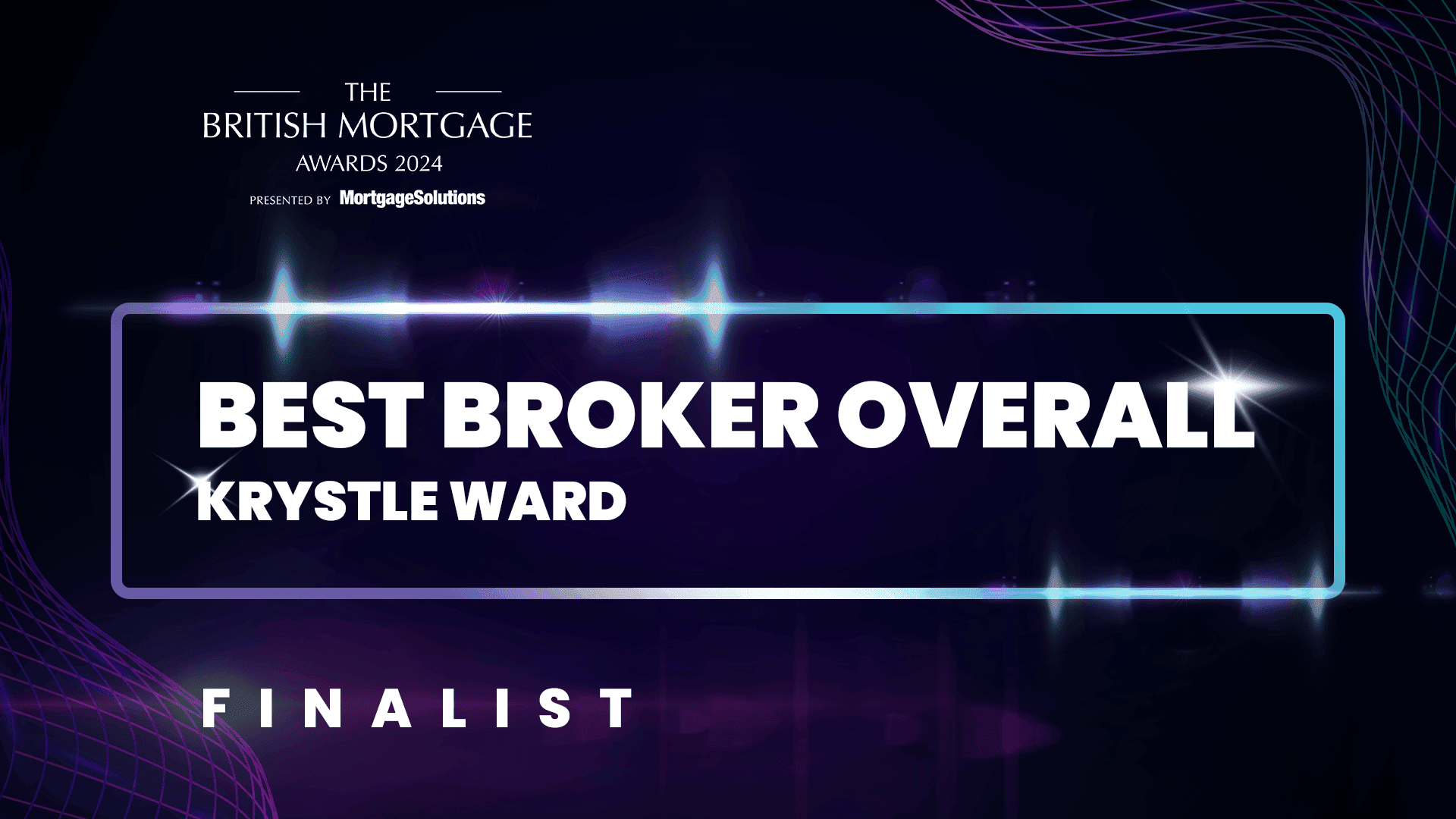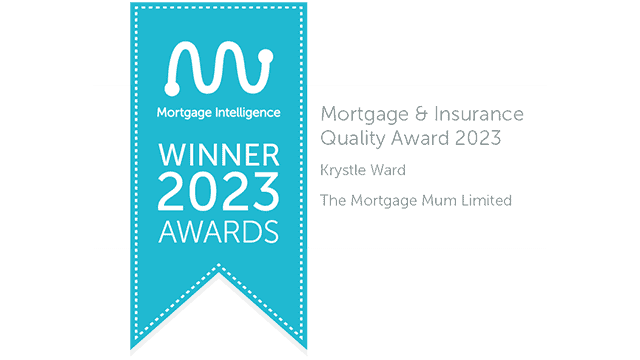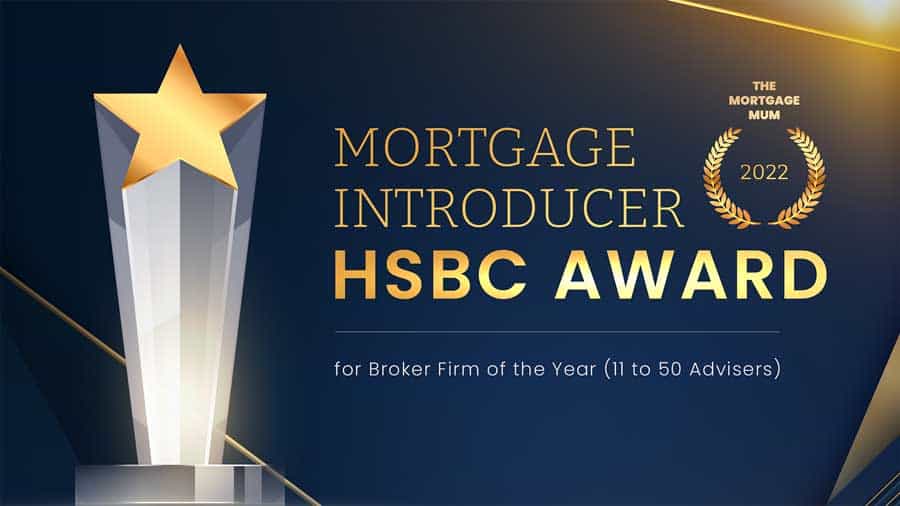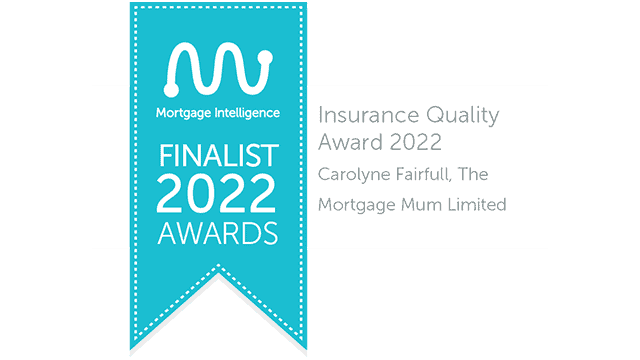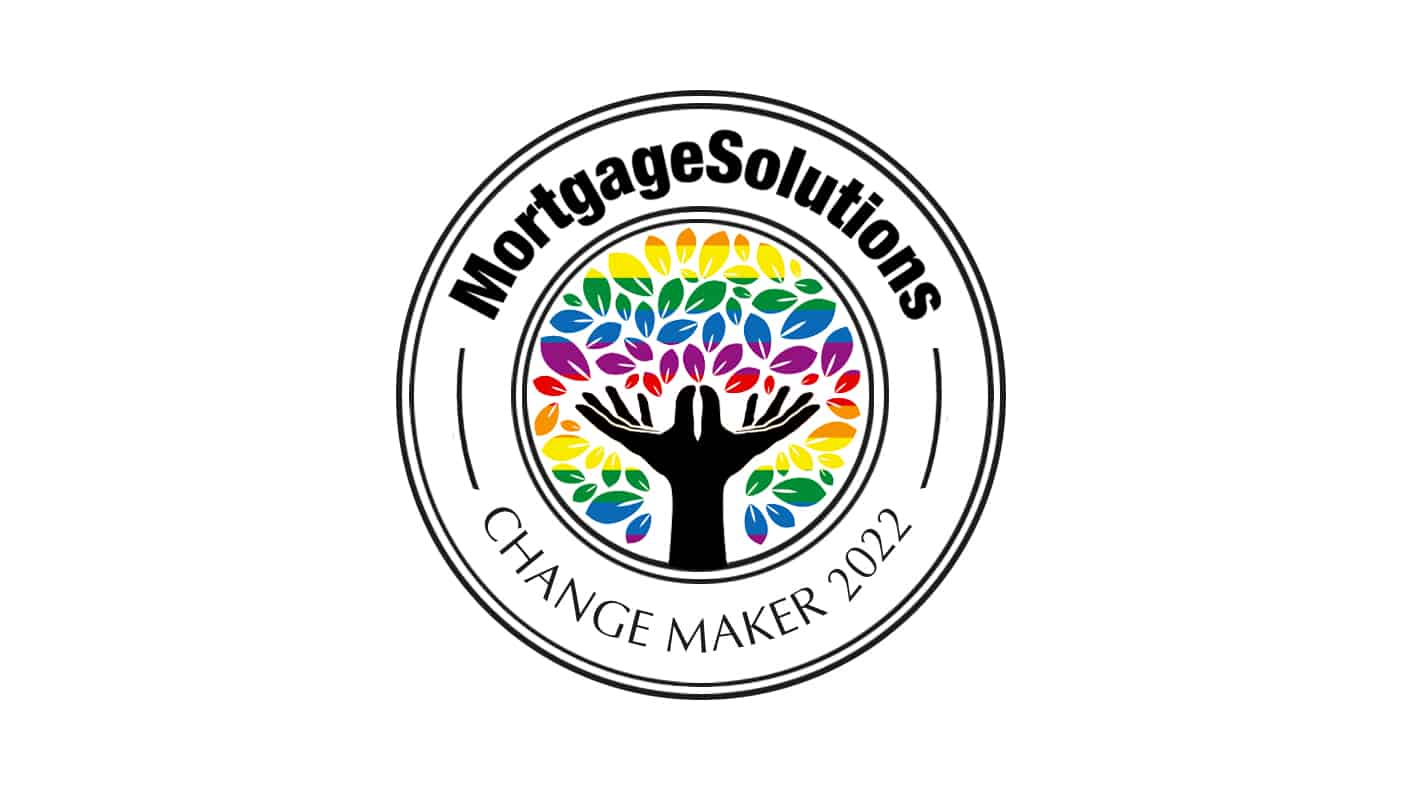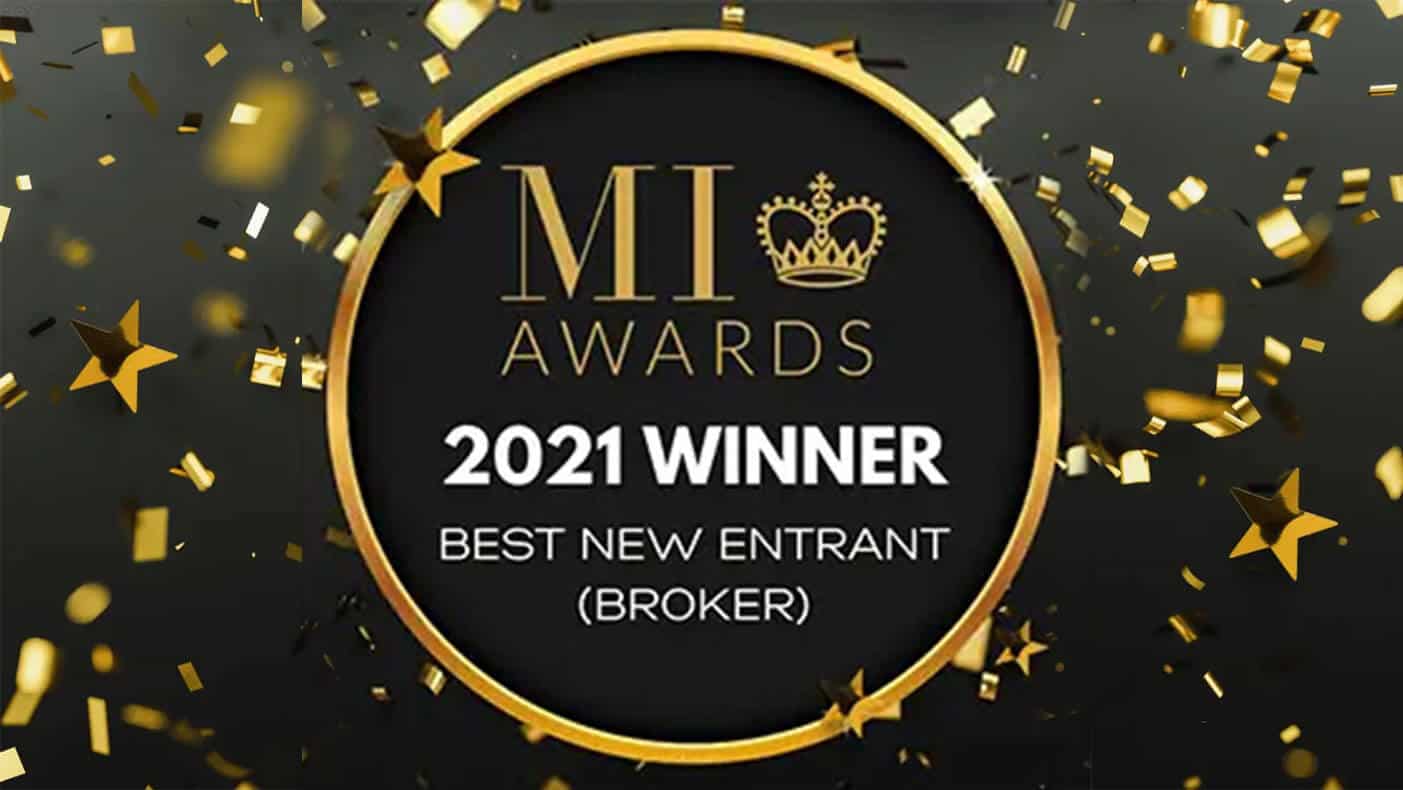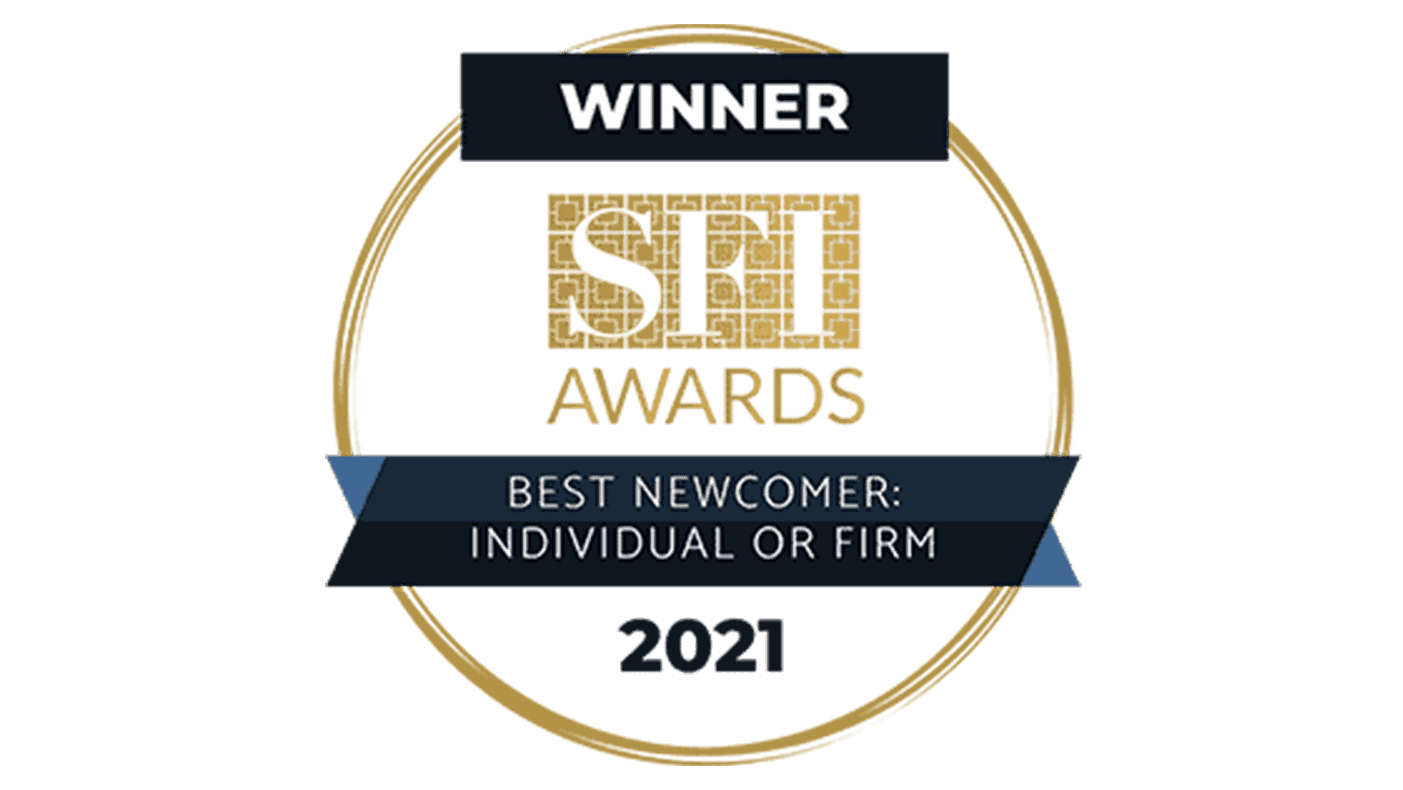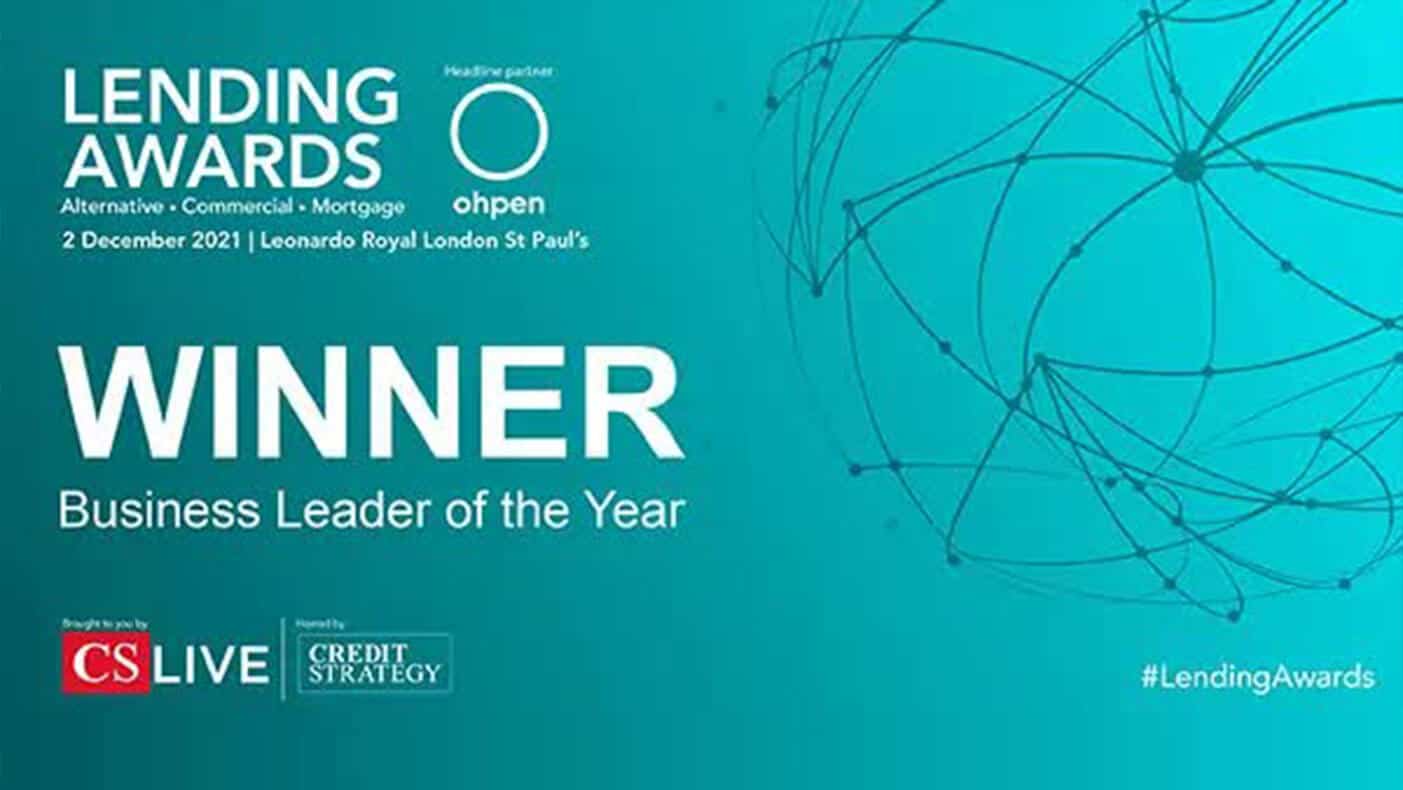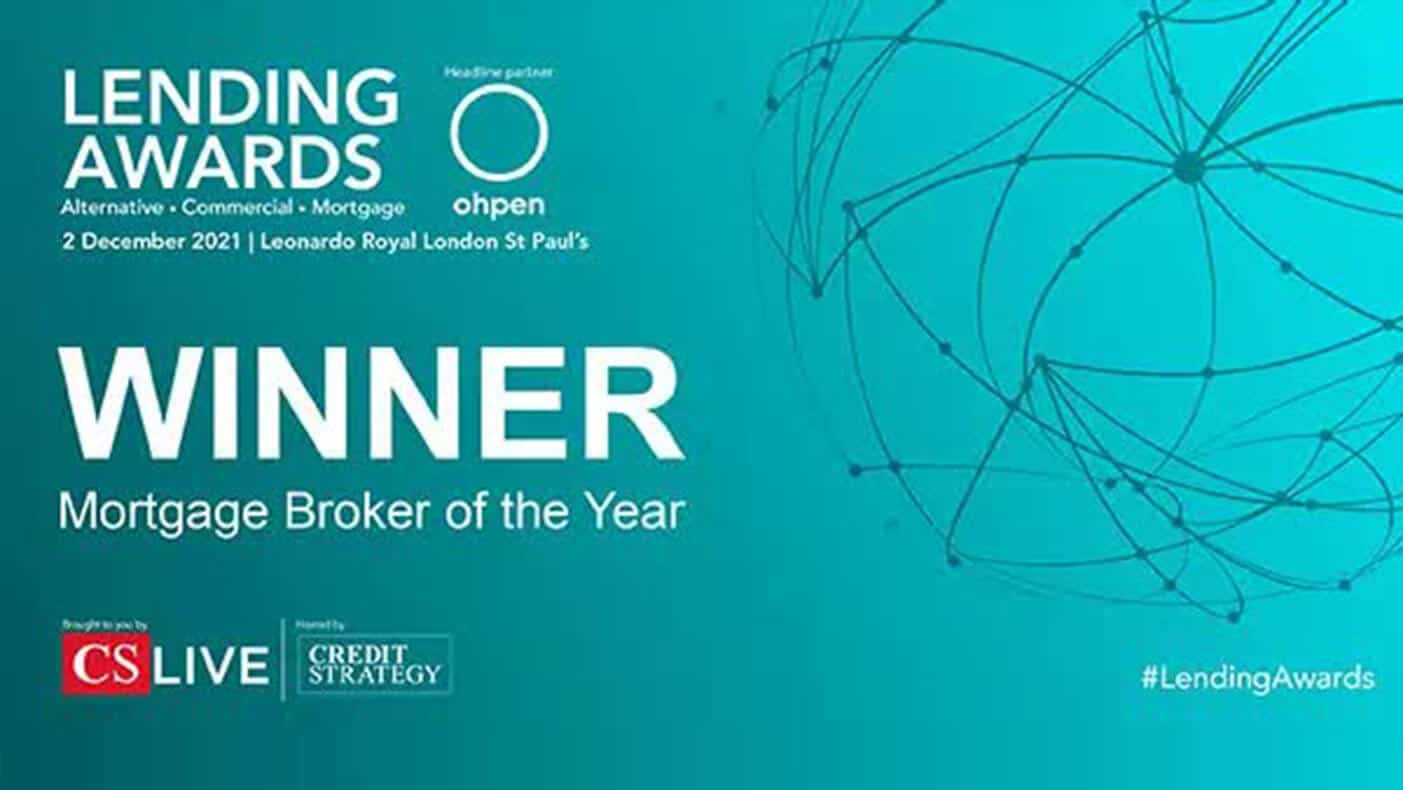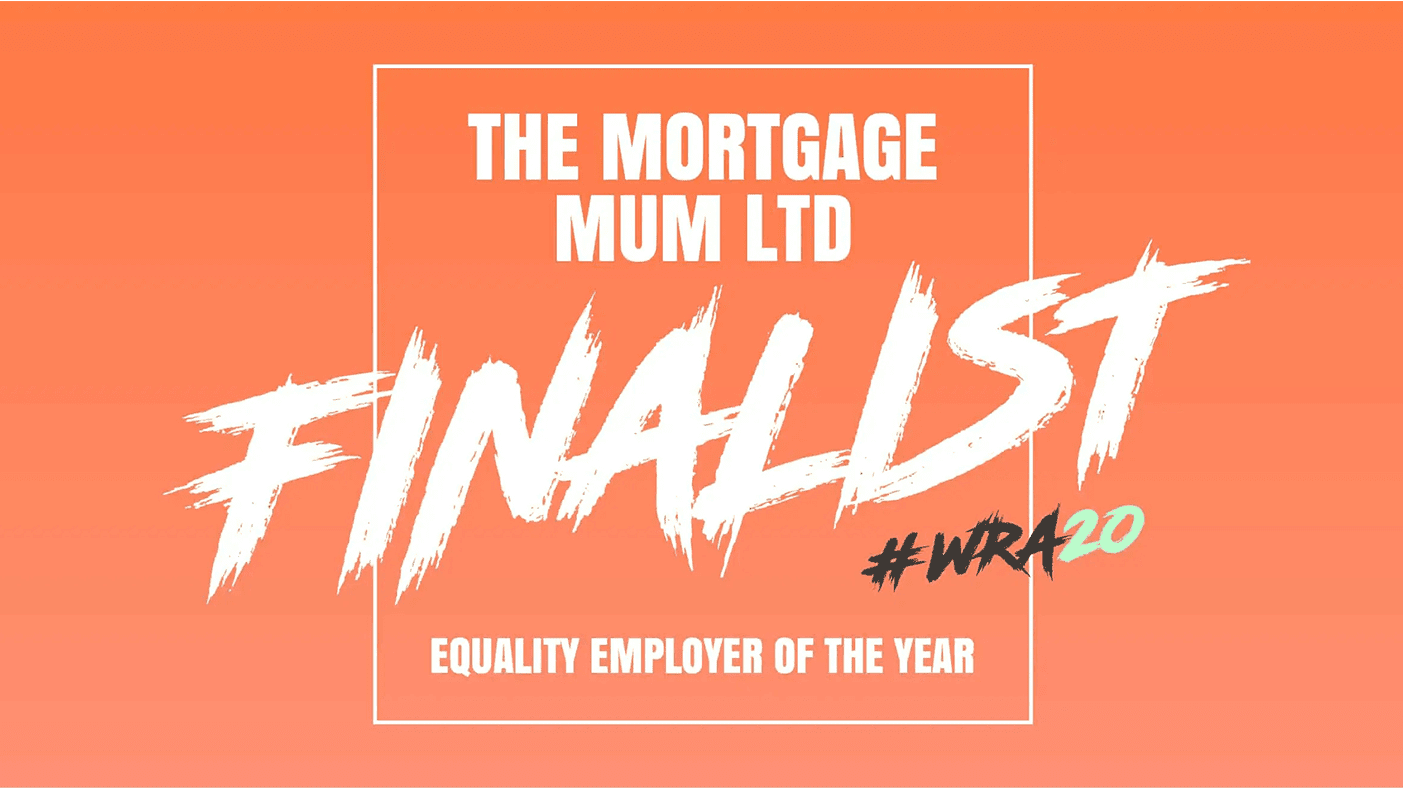Buy to Let Mortgages for the Self-Employed
- Multi- Award winning team
- Wide range of lenders
- Bespoke service, tailored to you
- Available at all hours, including after bath time!
Get in touch for an initial free, no obligation chat with an advisor about how we might be able to help.

Home » Self-Employed Mortgages » Buy to Let Mortgages for the Self-Employed
Buy to Let Mortgages for the Self-Employed
Self-Employed people are often concerned that getting Buy to Let mortgage approval will be a challenge. But as long as you have the required deposit and can get a decent level of rent, finding a good deal isn’t usually a problem.
What are the features of a Buy to Let Mortgage?
Buy to Let mortgages are much like a residential mortgage, although interest rates are often more expensive. Generally, you will need a larger deposit; around 25% is typical but some lenders will accept less.
There is a choice of repayment or interest-only Buy to Let products. Many landlords opt for interest-only – although this does come with some risks.
What to consider for Self-Employed Buy to Let Mortgages
Lenders normally welcome Self-Employed applications. For Buy to Let, lenders are less interested in your personal income, focusing instead on the rent the property can generate. They will be looking for the rent to reach at least 125% of the monthly mortgage cost.
That said, some lenders will want you to meet minimum income requirements. This is to reassure them that you can pay the mortgage if the property has no tenant for a month or two. Not all lenders ask for proof of income though, and have products that some people see as self-cert mortgages, although strictly they’re not.
One thing to be aware of is that lenders often require you to own your own home.
Should I Buy to Let as an individual or through a Limited Company?
Many experienced landlords have set up limited companies to manage their properties, especially in the last few years. This is mainly to reduce their tax liabilities.
Whether you should do the same will depend on your financial situation. It’s a more common approach for higher rate taxpayers, who could lose 40% of their rental profits as tax. Meanwhile a limited company pays corporation tax at just 19%. But there are various pros and cons to setting up a company, so do seek expert advice.
What is a Special Purpose Vehicle (SPV)?
An SPV is a limited company that is purely set up for Buy to Let activities. Buying a property through an SPV means you will be treated as a business for tax and mortgage purposes, rather than as an individual.
An SPV can only receive income from rent. Most Buy to Let providers only lend to SPVs rather than other types of company.
It’s best to decide up front whether to run your Buy to Let business through an SPV or as an individual. Changing from one to the other in future can cost you money in fees and potentially Capital Gains Tax.
How do lenders assess income for a Self-Employed Buy to Let mortgage?
If a lender requires a minimum income, they will request proof of your earnings. For Self-Employed people this means sharing your most recent tax returns and company accounts. Two to three years’ accounting records are ideal, but one years’ accounts are acceptable for many lenders. Some lenders require no minimum income for Buy to Let at all.
Mortgage lenders will also check your credit score to check for debt issues in the past.
Speak to an expert
We will work at times that suit you and your family, carrying out appointments via video call, telephone or email, giving you the benefit of first class service, around your own schedule, and in the comfort of your own home. So let us handle your mortgage today and find out how well we can look after you, The Mortgage Mum way!
What is Top Slicing?
Top Slicing is an approach sometimes adopted by lenders to help landlords get a mortgage when their planned rental income falls a little short of the 125% usually required.
It allows borrowers to use other income to prove affordability – either from their wider property portfolio or personal income. This can be good news for both landlords and tenants, who aren’t overcharged on the rent to cover the mortgage payments.
What are the tax rules?
The first £1,000 of your rental income is tax-free as your ‘property allowance.’ If you make between £2,500 to £9,999 profit after allowable expenses, or £10,000+ before allowable expenses, you need to pay tax via an annual self-assessment.
[https://www.gov.uk/guidance/income-tax-when-you-rent-out-a-property-working-out-your-rental-income#:~:text=Property%20allowance,free%20allowances%20for%20property%20income.]
These expenses are the costs of letting the property: maintenance, insurance, letting agent fees, management fees etc.
Additional stamp duty applies on Buy to Let property, and when you sell the proceeds are subject to Capital Gains Tax.
How can a Mortgage Broker Help?
If you are planning to invest in a Buy to Let property, let us make it easy for you. Most Buy to Let mortgages are only available via a Mortgage Broker, and Self-Employed mortgages can sometimes be a little more complex.
We’ll advise and support you, then seek out the most suitable mortgage deals on your behalf.
The Mortgage Mum team has helped hundreds of Self-Employed people get a Buy to Let mortgage and start renting out property.
Get Started
While mum knows best, we don’t expect you to know everything! Apply with us online today, fill in your details and see what you can afford. When it comes to mortgage advice for first time buyers, The Mortgage Mum team can help find the perfect policy for your situation.
Apply for a first time buyer mortgage online
Lorem Ipsum
1
Lorem Ipsum
Lorem ipsum dolor sit amet, consectetur adipiscing elit. Ut elit tellus, luctus nec ullamcorper mattis, pulvinar dapibus leo.
2
Lorem Ipsum
Lorem ipsum dolor sit amet, consectetur adipiscing elit. Ut elit tellus, luctus nec ullamcorper mattis, pulvinar dapibus leo.
3
Lorem Ipsum
Lorem ipsum dolor sit amet, consectetur adipiscing elit. Ut elit tellus, luctus nec ullamcorper mattis, pulvinar dapibus leo.
hitting all the right notes…
Seeing a family settle into a new home with a mortgage that suits them and insurance that secures them. It’s what makes The Mortgage Mum team tick.
Useful Links
- Self-Employed Mortgages
- Limited Company Director Mortgages
- Self-Employed Mortgages with One Years’ Accounts
- Buy to Let Mortgages for the Self-Employed
- Documents Needed for a Self-Employed Mortgage
- Joint Mortgage When one Applicant is Self-Employed
- What income do mortgage companies look at for the Self-Employed?
- Are Self-Cert Mortgages Still Available?
Why The Mortgage Mum
- We're a team of mums who understand the juggle
- We're all expert advisers with a wealth of experience
- We work around you and your schedule
- We're here to make the mortgage journey easier for you






























